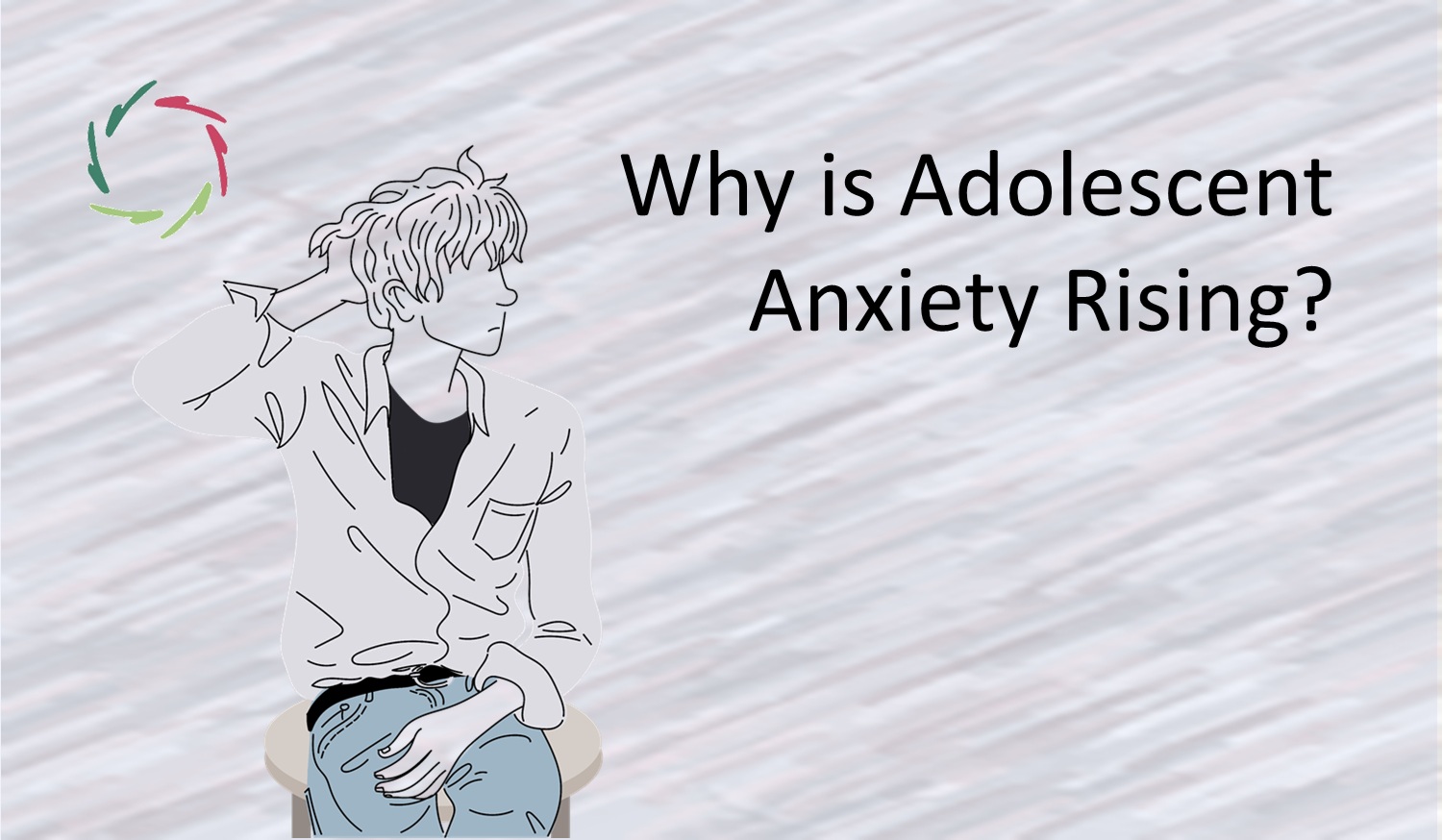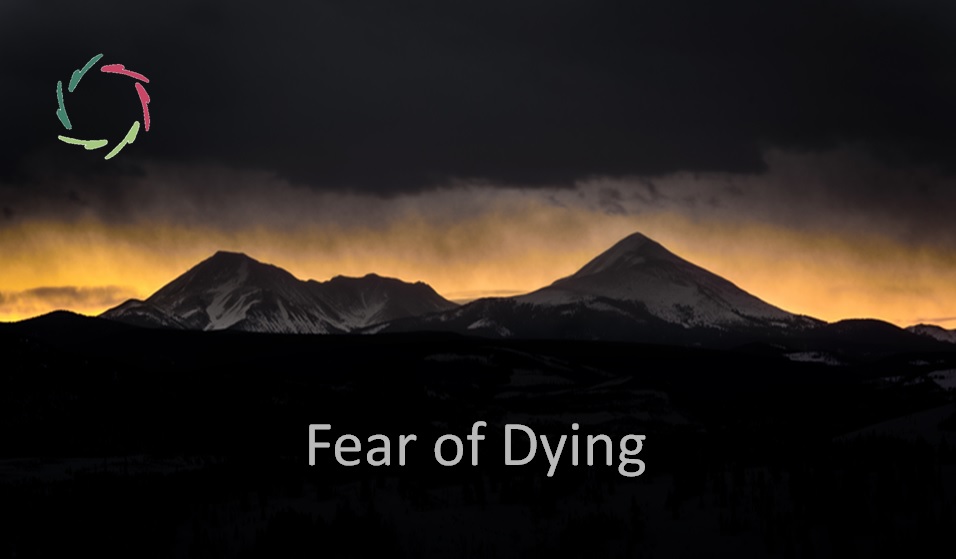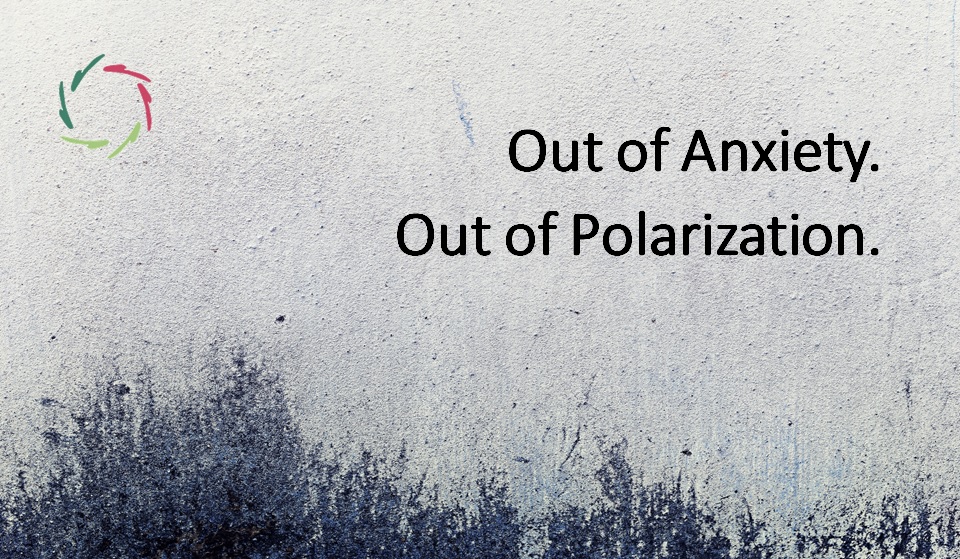Does Anxiety Dictate Society?

Unfortunately, it does so to a considerable degree all over the world. Much of what seems barely understandable becomes clear from this viewpoint.
For instance:
- Why bullying is and remains so rampant at schools, organizations, politics, religious environments, etc.
- Why many people use their precious voting rights to vote against their own interests ― no dictator in sight.
- Why, on top of that, dictatorship is still a viable occupation in many countries.
- Why war is still possible in the 21st century ― goodness!!
In any of these situations, intelligent people can be spotted performing insane acts. Whenever you see this combination, look no further.
Anxiety and aggression, twin children of Inner Dissociation
This cocktail directly impacts others who get a double whammy: through the anxiety/aggression from outside and upon a social undercurrent of the same ― pervading many from inside. As frequently, the whole is more than the sum of the elements.
Thus, an outburst of anxiety/aggression, even from a small group or one loud person, quickly finds a common ground upon which people get reticent to react Compassionately. A highly negative current is present; everybody knows it and feels it but doesn’t grasp where it comes from.
You know now. It’s mainly from inside yourself.
This has been going on worldwide for a long time.
Probably at least from the start of modern culture, anxiety has found its place. Some of it used to be visible as the revenging gods or other elements of some religion of anxiety. Some came to the fore as ideology, in some -ism or another. Over time, it has permeated much of culture, especially – to say it bluntly – where culture opposes nature.
Or, in my preferred terminology: where conceptuality opposes the subconceptual, which is where we are stuck in a ‘second wave of attention.’
Since it stems from Inner Dissociation, I see a counterweight in Inner Strength.
In one word: daring
One way or another, what is needed is daring to be free: free from mindlessly streaming along with the mainstream, from looking for shelter behind others (such as strongmen) who supposedly protect one from some boogeyman, free from needing to shout loudly in an attempt to make a frightening impression, free from succumbing to one’s vulnerability by sacrificing even one’s sensibility.
Much of this comes down to daring to be vulnerable.
If many people do so, anxiety will have a much harder time dictating society.
Is it up to me? Is it up to him or her, or them? I can only say: It is also up to you.


